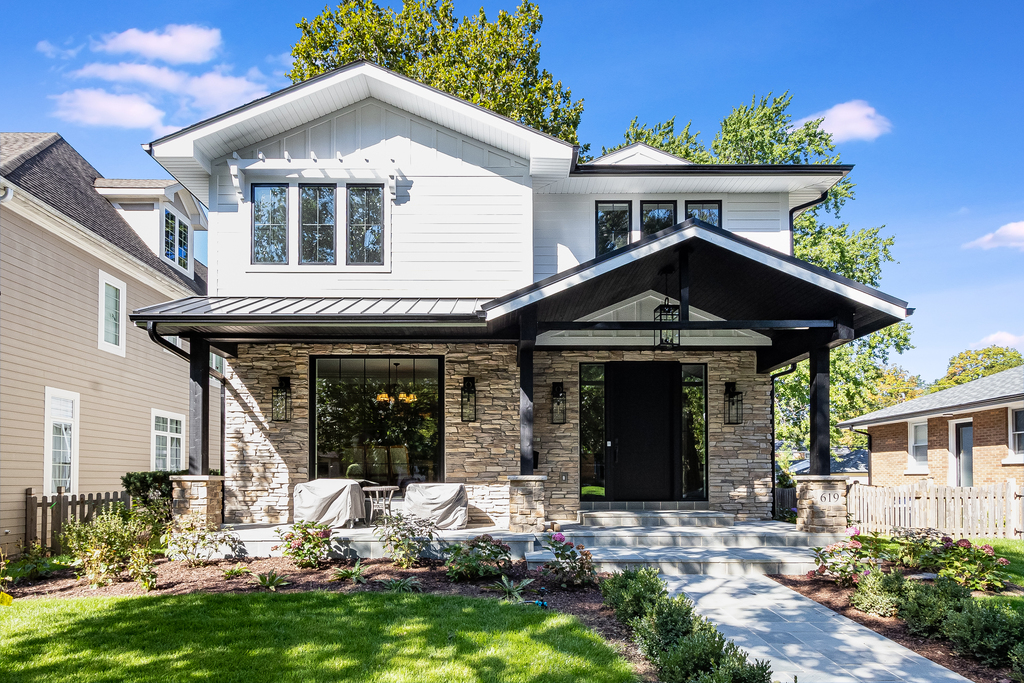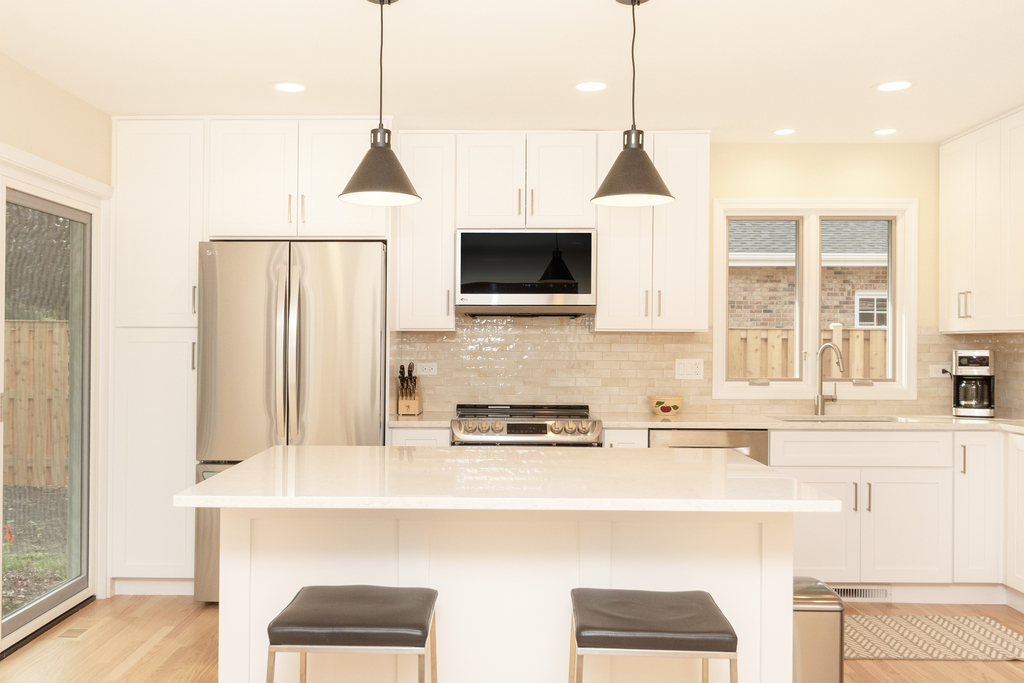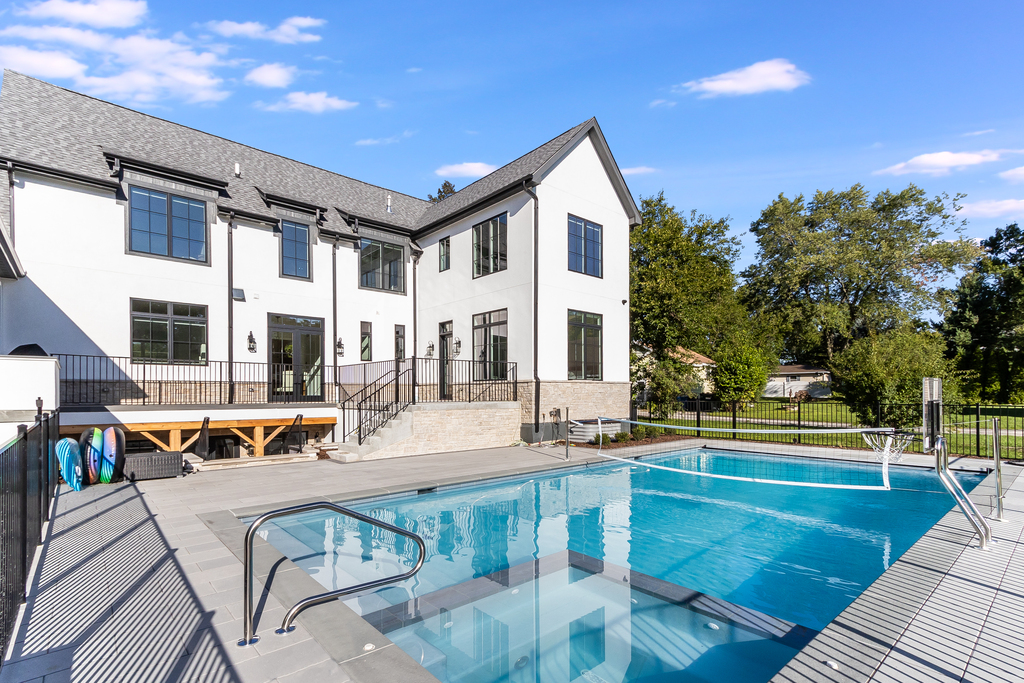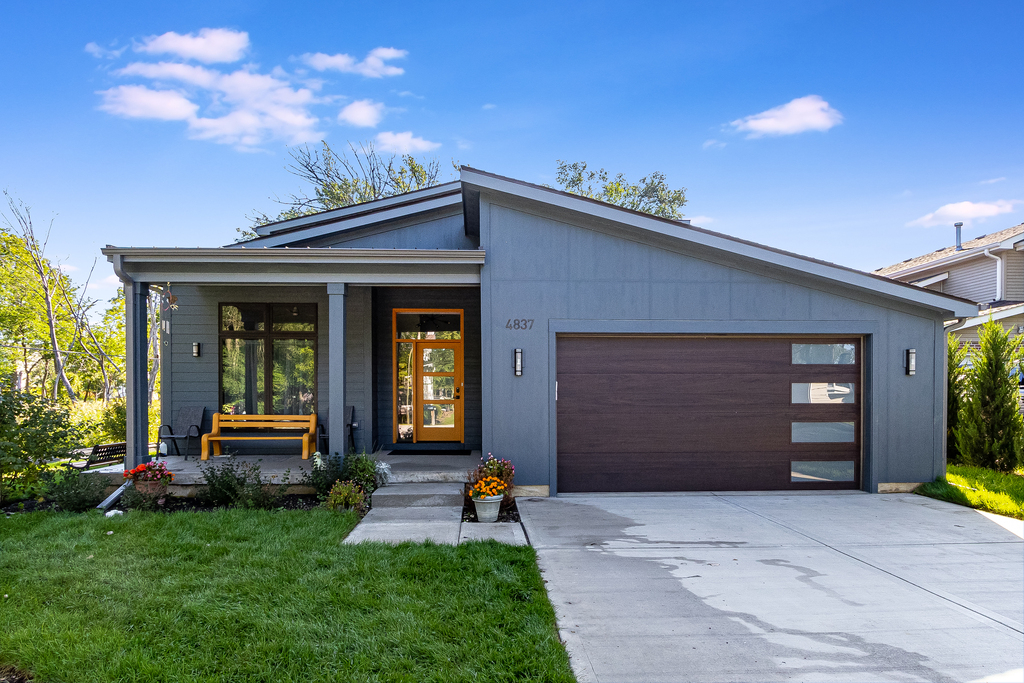In the world of construction and design, blueprints are the backbone of any successful project. They lay out the intricate details of a structure, guiding builders through the process from foundation to finish. However, before diving headfirst into the realm of blueprints, there’s a crucial step that often gets overlooked: understanding your budget.
Whether you’re planning to build your dream home, embark on a renovation project, or construct a new home, having a clear understanding of your budget is paramount. Here’s why:
Setting Realistic Expectations
Understanding your budget allows you to set realistic expectations for your project. It’s easy to get carried away with grand ideas and elaborate designs, but without a clear understanding of what you can afford, you risk disappointment and financial strain down the road. By knowing your budget constraints upfront, you can work with architects and designers to develop plans that align with your financial capabilities.
Avoiding Cost Overruns
One of the biggest pitfalls in construction projects is cost overruns. Without a thorough understanding of your budget, it’s easy to underestimate expenses and overspend along the way. This can lead to delays, compromises in quality, or even the abandonment of the project altogether. By carefully analyzing your budget before diving into blueprints, you can identify potential cost drivers and make informed decisions to keep your project on track financially.
Maximizing Value
Understanding your budget isn’t just about limiting spending; it’s also about maximizing value. With a clear understanding of your financial parameters, you can prioritize where to allocate resources for the greatest impact. Whether it’s investing in high-quality materials, energy-efficient technologies, or innovative design features, knowing your budget allows you to make strategic choices that enhance the overall value and longevity of your project.
Negotiating with Confidence
When you understand your budget inside and out, you’re in a stronger position to negotiate with contractors, suppliers, and other stakeholders. Armed with this knowledge, you can confidently assess proposals, negotiate pricing, and avoid being taken advantage of. By demonstrating a firm grasp of your financial boundaries, you can ensure that everyone involved in the project is aligned with your goals and constraints.
Planning for Contingencies
No matter how meticulously you plan, unexpected expenses are bound to arise during any construction project. By understanding your budget upfront, you can allocate funds for contingencies, such as unforeseen structural issues, permit delays, or changes in scope. This buffer can provide peace of mind knowing that you’re prepared to handle whatever challenges come your way without derailing the entire project.
In the world of construction and design, the blueprint is only one piece of the puzzle. Before you embark on any building project, take the time to understand your budget thoroughly. By doing so, you can set realistic expectations, avoid cost overruns, maximize value, negotiate with confidence, and plan for contingencies. Ultimately, this proactive approach will not only save you time, money, and stress but also lay the foundation for a successful and fulfilling project that stands the test of time.








